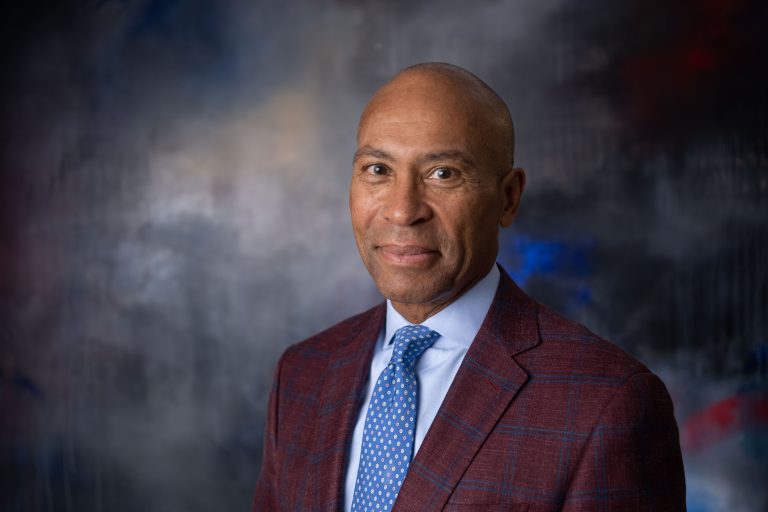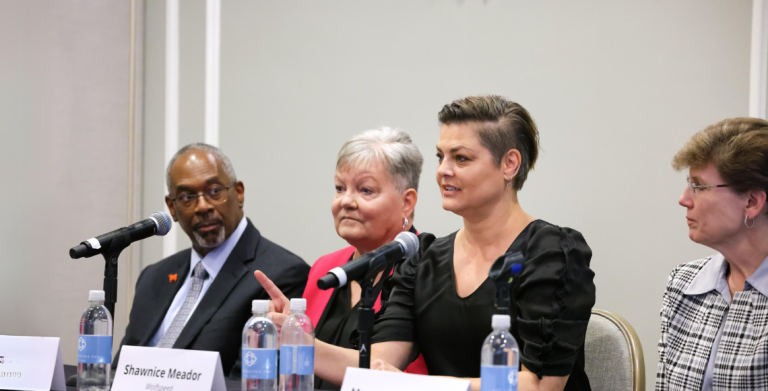Heuristics play an important role in organizational decision-making. Although management and organizational scholars have contributed significantly to our understanding of heuristics in organizations over the past seven decades, the literature has become fragmented over time. Three parallel streams of research—(1) heuristics and biases, (2) fast-and-frugal heuristics, and (3) simple rule heuristics—have emerged with somewhat conflicting views on the origins, use, and implications of heuristics.

WSJ Features Distinguished Fellow ‘Helping Change Our Understanding of the American Labor Market’
The Wall Street Journal details how MIT economist and Kenan Institute Distinguished Fellow David Autor rose to become one of the most influential scholars studying the U.S. labor market today.

Resilience: Adversity’s Antidote
As the unexpected increasingly becomes part of the everyday, Kenan Institute Distinguished Fellow Kathleen M. Sutcliffe discusses the capabilities and processes that allow businesses to face their moments of truth with resilience.

Kenan Institute Distinguished Fellow Kathleen Sutcliffe of Johns Hopkins University discusses adventure racing and how it ties into our 2024 Grand Challenge, Business Resilience.
Ally work, or actions to support those from less advantaged social groups, shows promise in advancing social welfare in workplaces. Although much of the literature has explained factors that predict ally work, in this paper, we shift the conversation to understand the positive spillover of managers’ ally work on observing employees. We focus specifically on self ally work. Drawing from the theory of political ideology-as-motivated cognition, we propose that employees perceive managers who enact self ally work as more liberal (rather than conservative).

Dean’s Speaker Series: Deval Patrick
Former Massachusetts Gov. Deval Patrick of the Center for Public Leadership at the Harvard Kennedy School shared insights on resilience and leading through uncertain times with Dean Mary Margaret Frank on April 23.

Please join us for an exclusive conversation with Gov. Deval Patrick on April 23 at 5 p.m. as a part of the Dean’s Speaker Series, hosted by the Kenan Institute in partnership with UNC Kenan-Flagler Business School Dean Mary Margaret Frank.

In this edition of the Dean Speaker Series, join us for an engaging fireside chat with Dean Mary Margaret Frank and Stephanie Headley for an exploration of resilient leadership navigating the complexities of today’s business landscape.
Stephanie Headley, senior vice president of North America skin care and global Olay at Procter & Gamble, discussed the dynamic landscape of work and the critical need for building resilient teams and organizations with Dean Mary Margaret Frank April 2.

Kenan Institute Distinguished Fellow Kathleen M. Sutcliffe of Johns Hopkins University discussed the leadership and organizational lessons to be learned from adventure racing in a talk March 7.
Kenan Institute Distinguished Fellow Josh Lerner discussed "The Venture Capital Bust and the Resilience of Innovation" before an audience of UNC Kenan-Flagler Business School faculty and students on Feb. 15.

Wolfspeed and the Workforce Pipeline
Dive into the value of private-public partnerships in growing enterprises, careers and communities to learn more about Wolfspeed's efforts to cultivate a sustainable workforce pipeline.


